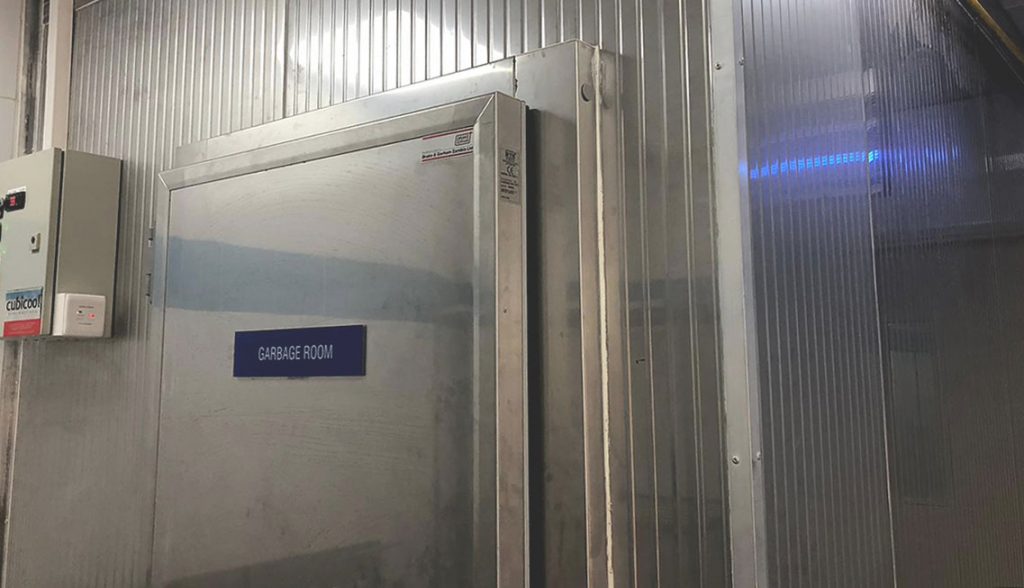WHEN TO USE STAINLESS STEEL INSULATED PANELS?
I have recently received a few inquiries regarding a special finishing for insulated panels: Stainless Steel. There are several types of Stainless Steel on the market. But we will focus on the 304 class of Stainless Steel. Stainless steel owes its name to the ability to resist rusting thanks to its chemical composition. It is an efficient and practical choice for some specific environments. Moreover, 304 stainless steel is the most common form of stainless steel used in the world of insulated panels.
WHAT IS 304 STAINLESS STEEL TYPE?
Type 304 is an austenitic, non-magnetic, Stainless Steel. Its composition includes 18% chromium and 8% nickel. Stainless Steel 304 has good forming properties, which makes it suitable for use in the production of insulated panels. Also, it has strong corrosion resistance. Moreover, Stainless Steel provides an attractive, clean finish with low maintenance costs.
WHEN IS IT NECESSARY TO USE INSULATED PANELS IN STAINLESS STEEL?
Thanks to its chemical properties, Stainless Steel is the best choice for food processing environments. For example, we recommend the use of Stainless Steel when building cold-rooms for processing fish and seafood or when curing or smoking foods, due to the extremely aggressive internal environments. We suggest the use of Stainless Steel when building a cold-room for food and beverage, due to its high suitability for food contact. Moreover, it’s advisable to install stainless steel cold-room doors and finishing profiles as well.
WHAT TYPES OF FINISHING IS THE MOST COMMON?
The most common type of finishing is B2, which is smooth and not brushed. B2 finishing resembles a very hazy mirror and does not typically have any protective coating therefore it may retain light marks from handling and shearing operations.
HOW TO CLEAN STAINLESS STEEL?
Specific Stainless-Steel cleaners are widely available. You can apply a sodium carbonate paste with a warm water rinse for stains. For severe stains, you may use tri-sodium phosphate and caustic soda solutions. Above all, always remember to avoid products containing chloride.
CONCLUSION
In conclusion, we are going, to sum up, the advantages of Stainless Steel.
THE ADVANTAGES OF STAINLESS STEEL:
- Corrosion-resistant material
- Good forming properties
- It provides a clean finish with low maintenance cost
- Durability
- Easy to clean and sanitize
Do not hesitate to contact us to get more information regarding insulated panels in stainless steel.

 WhatsApp Us
WhatsApp Us